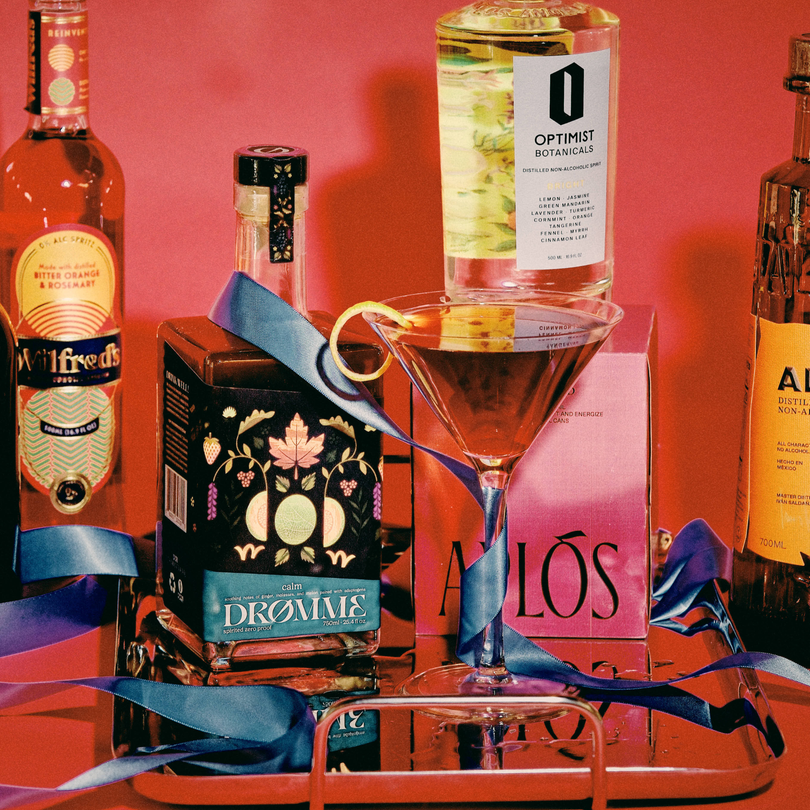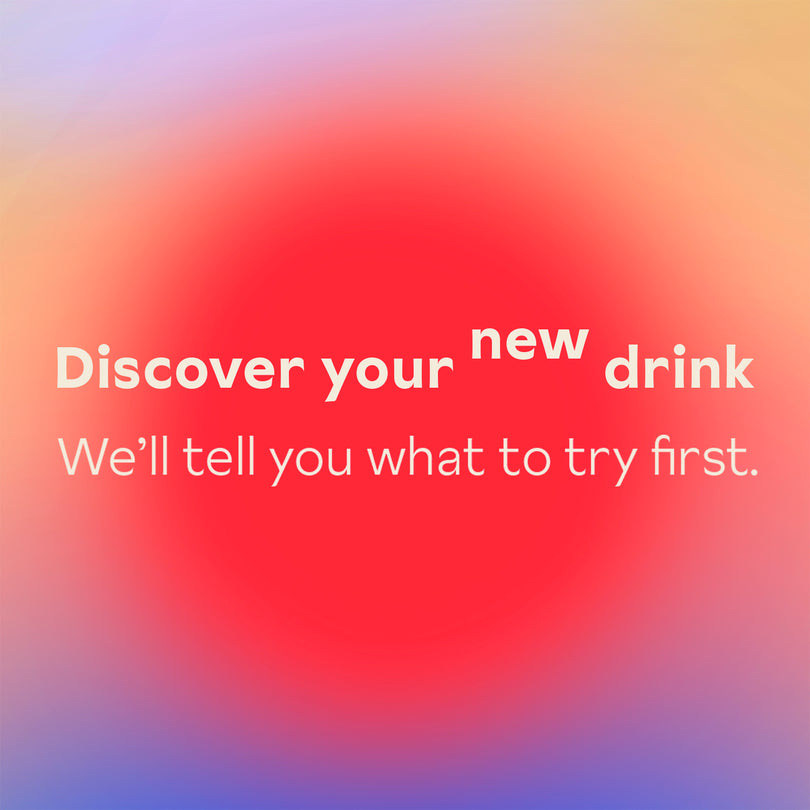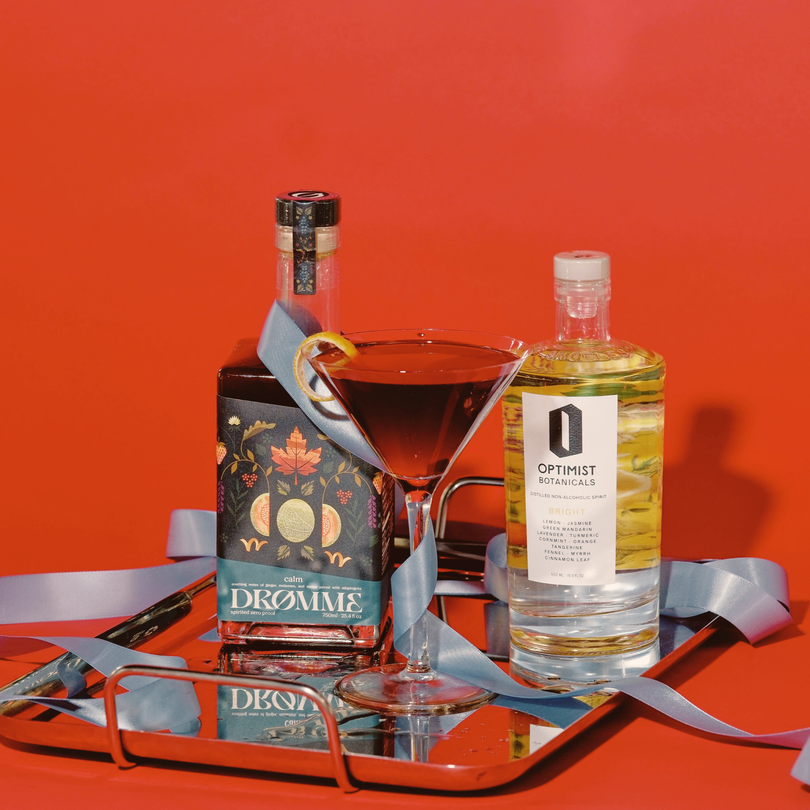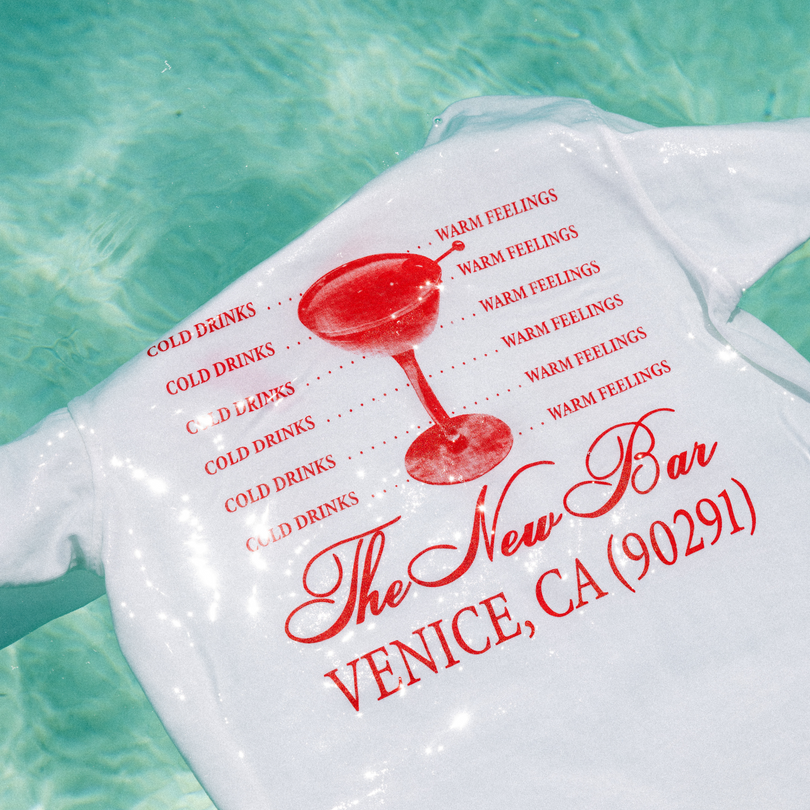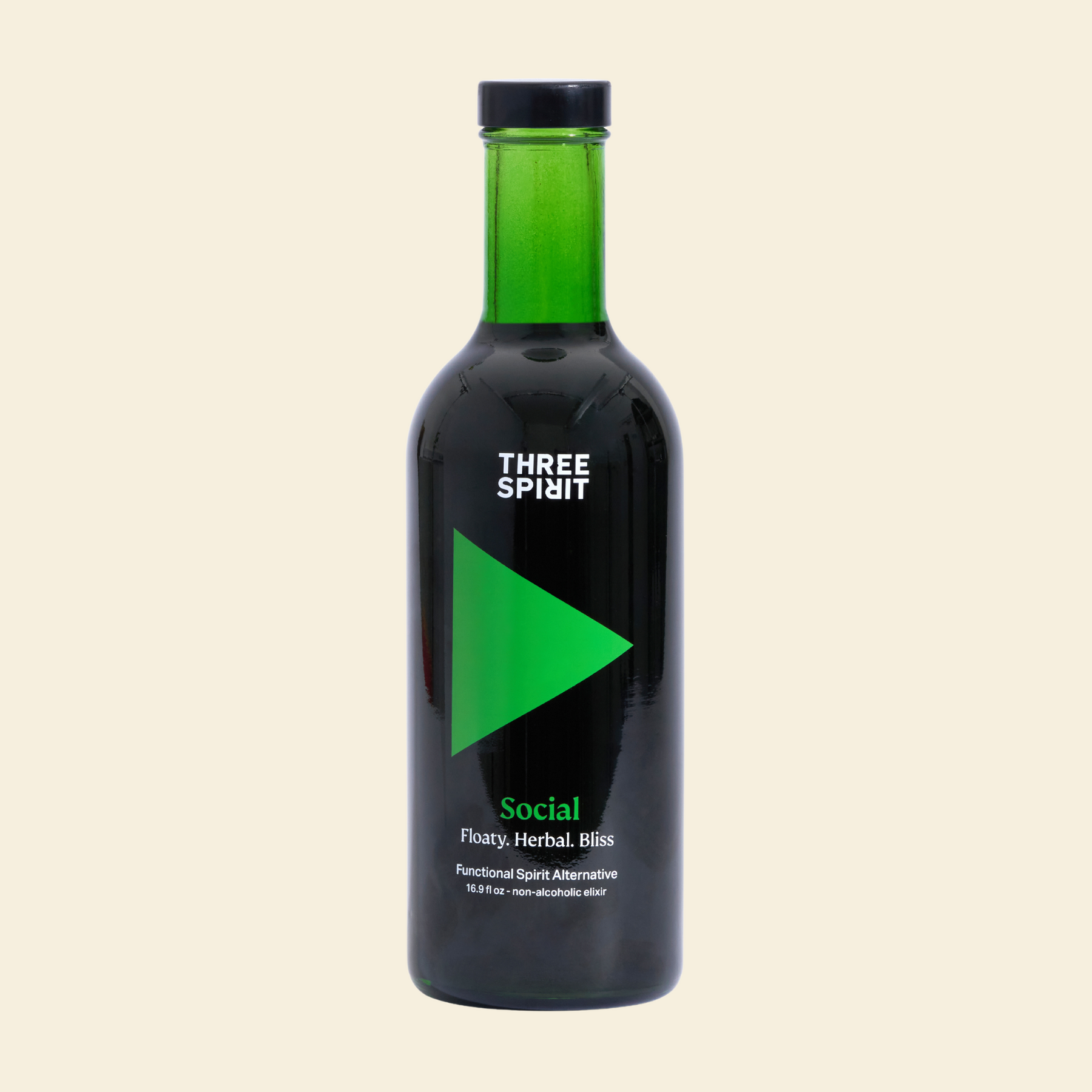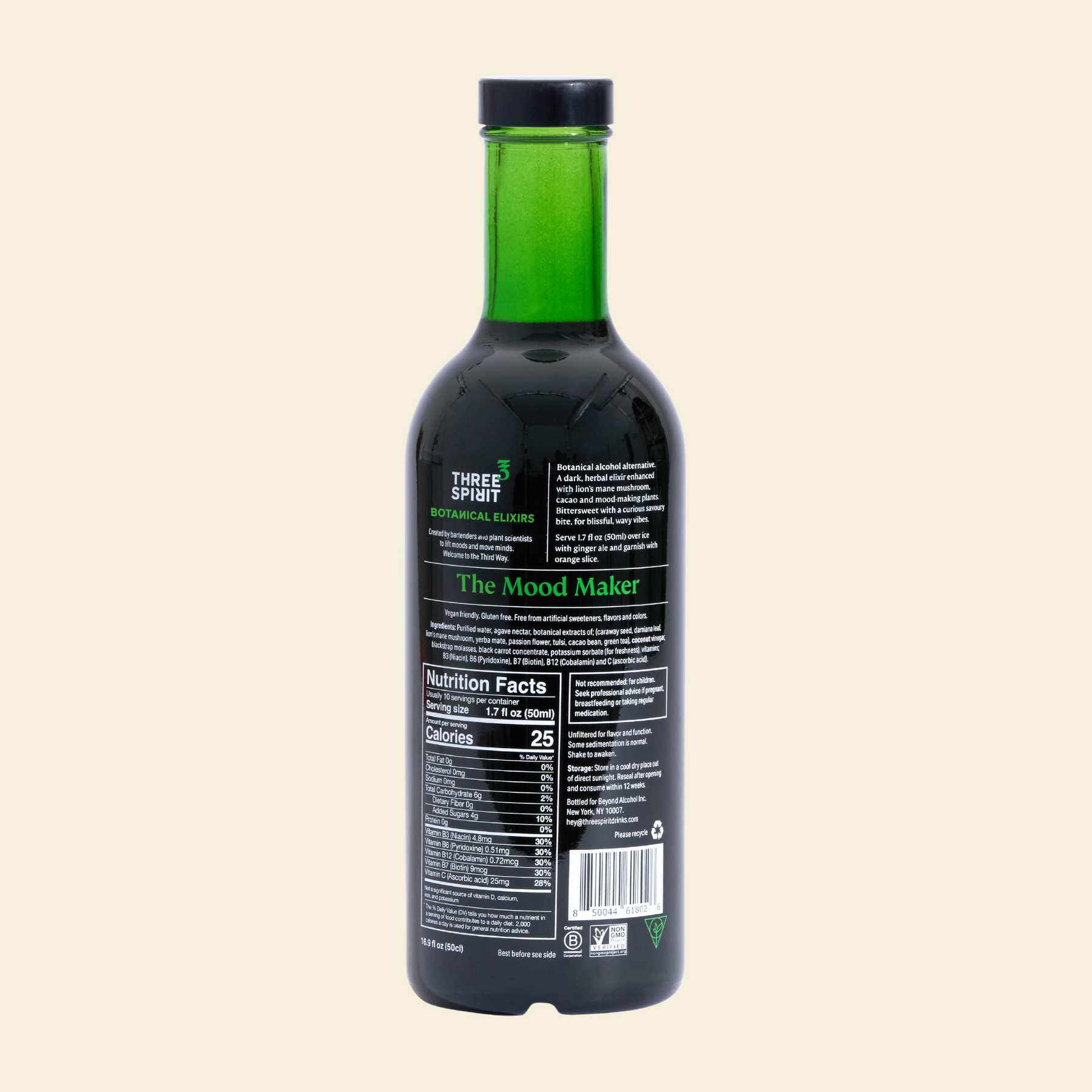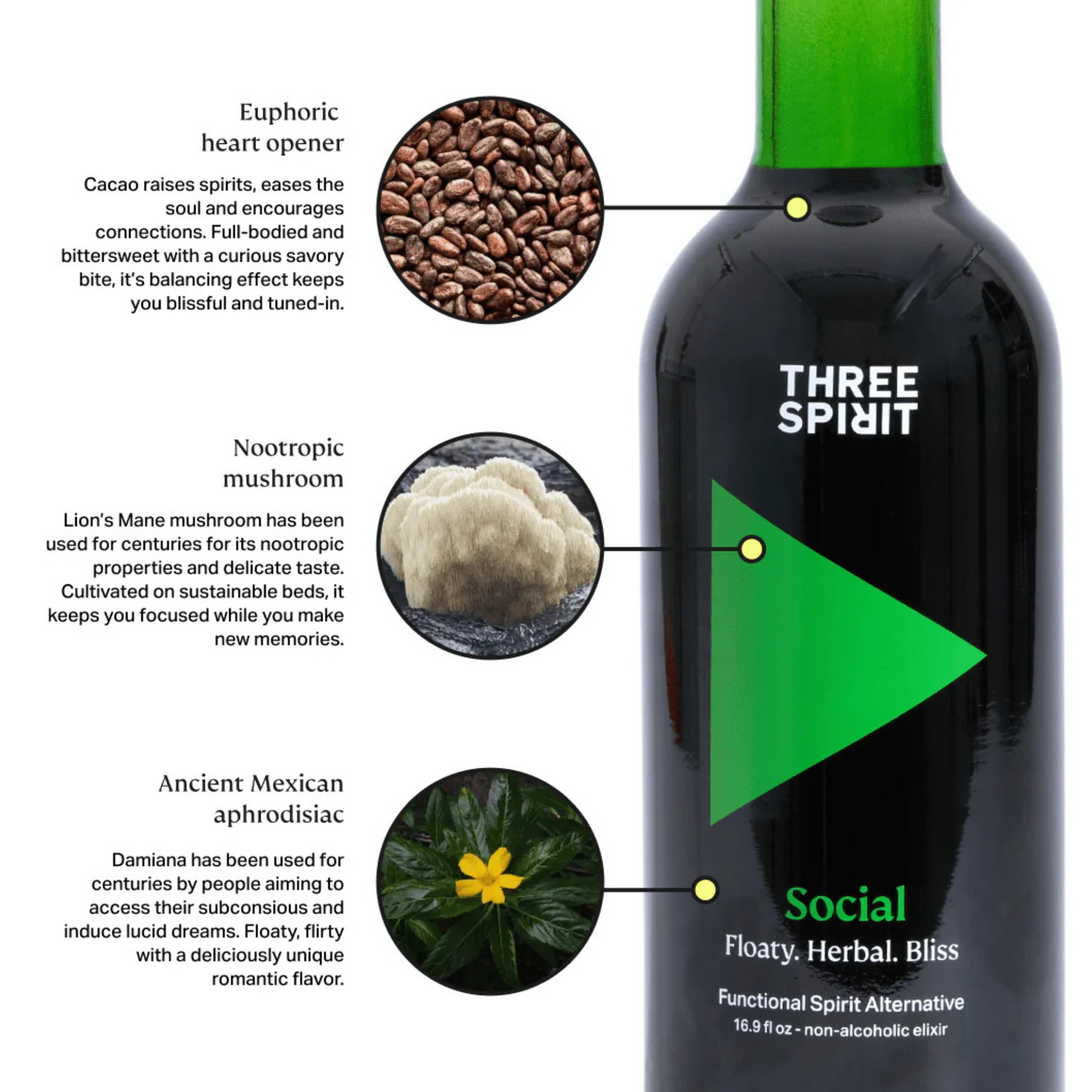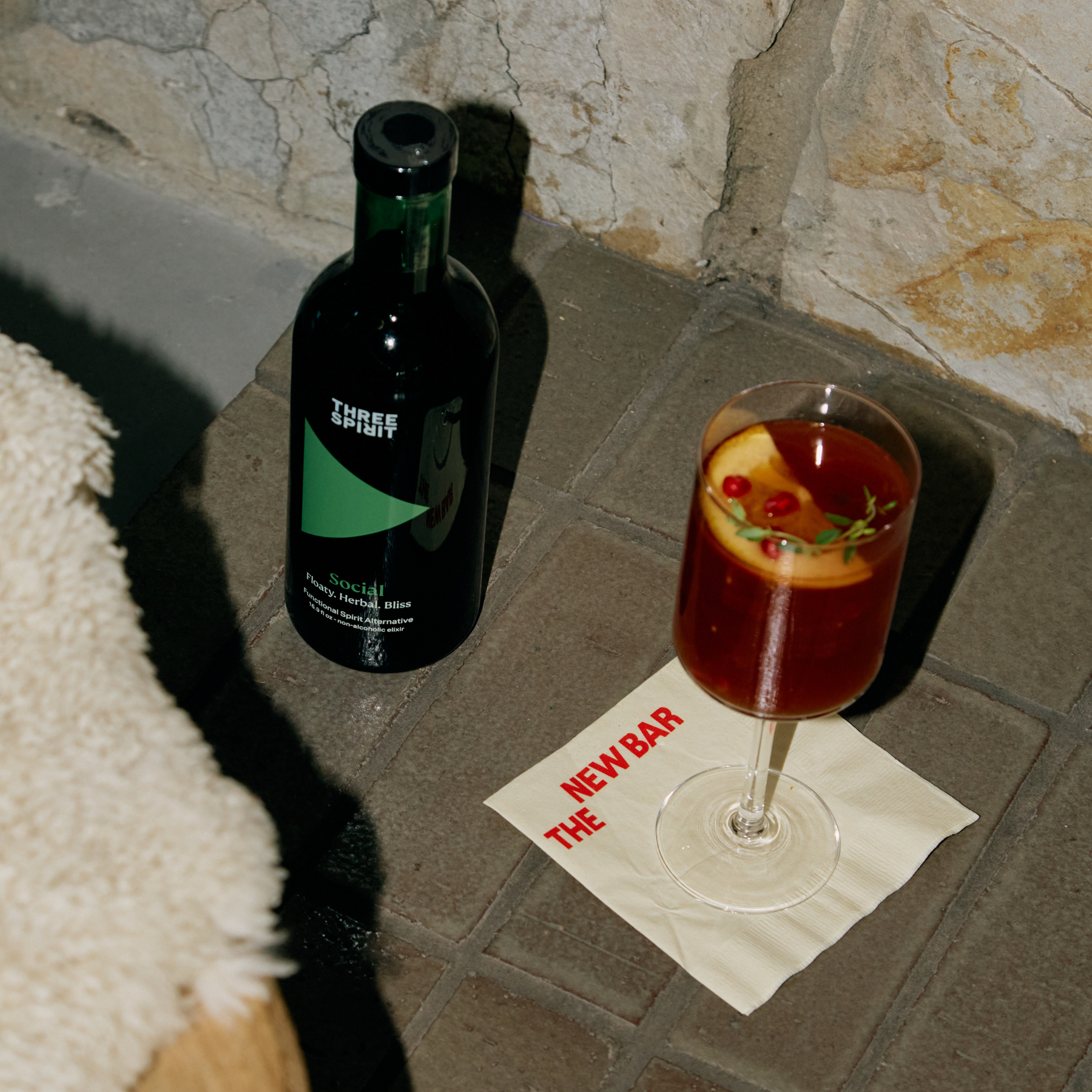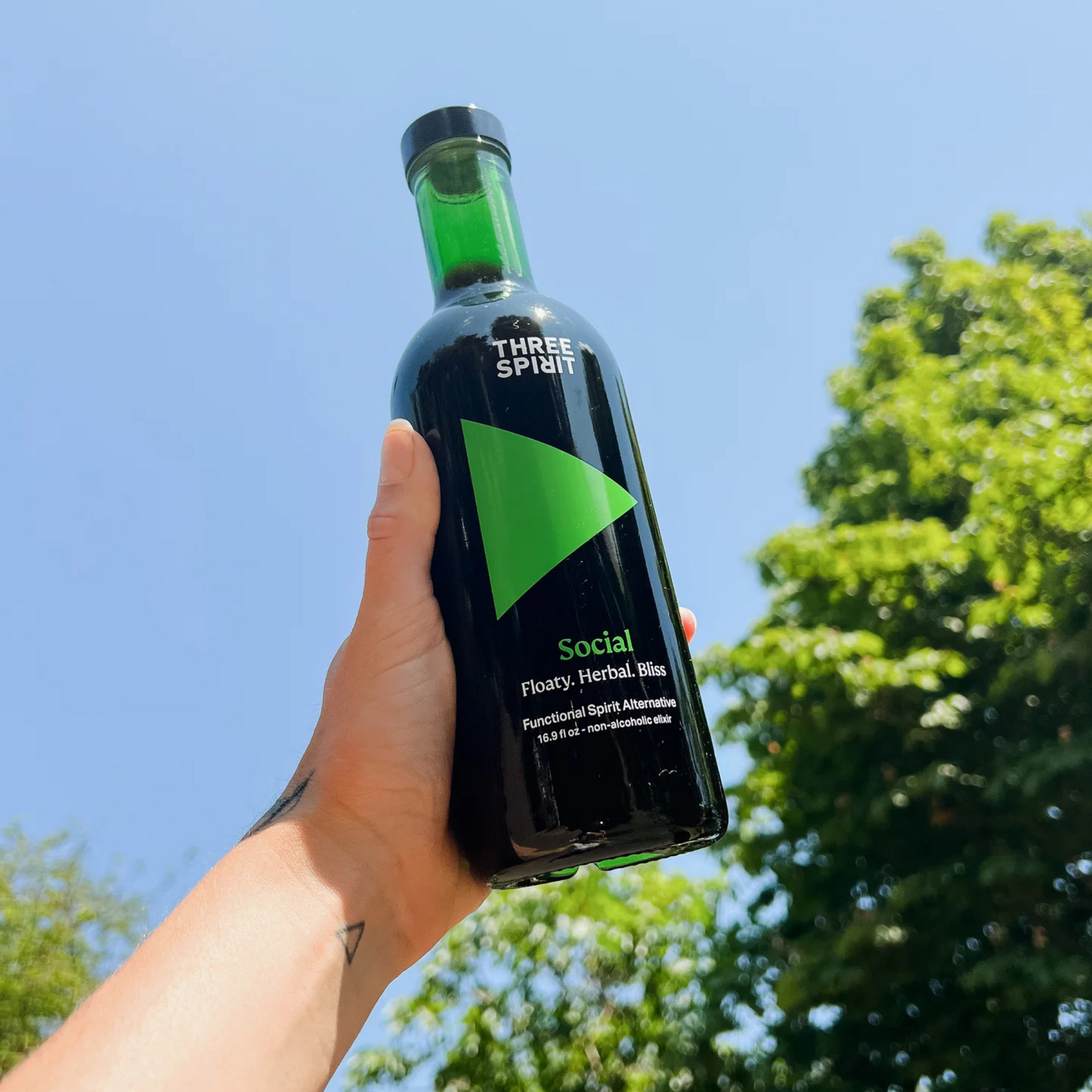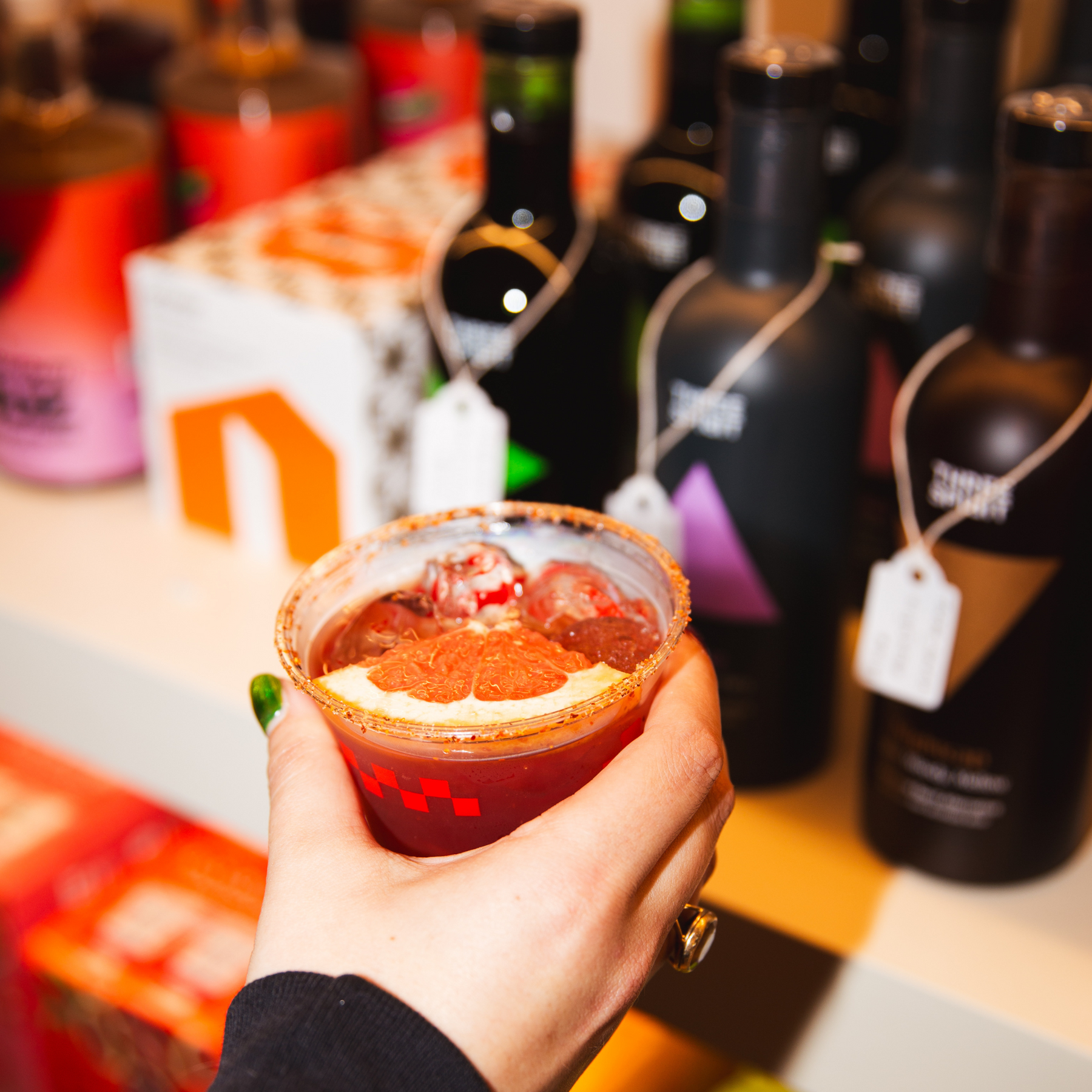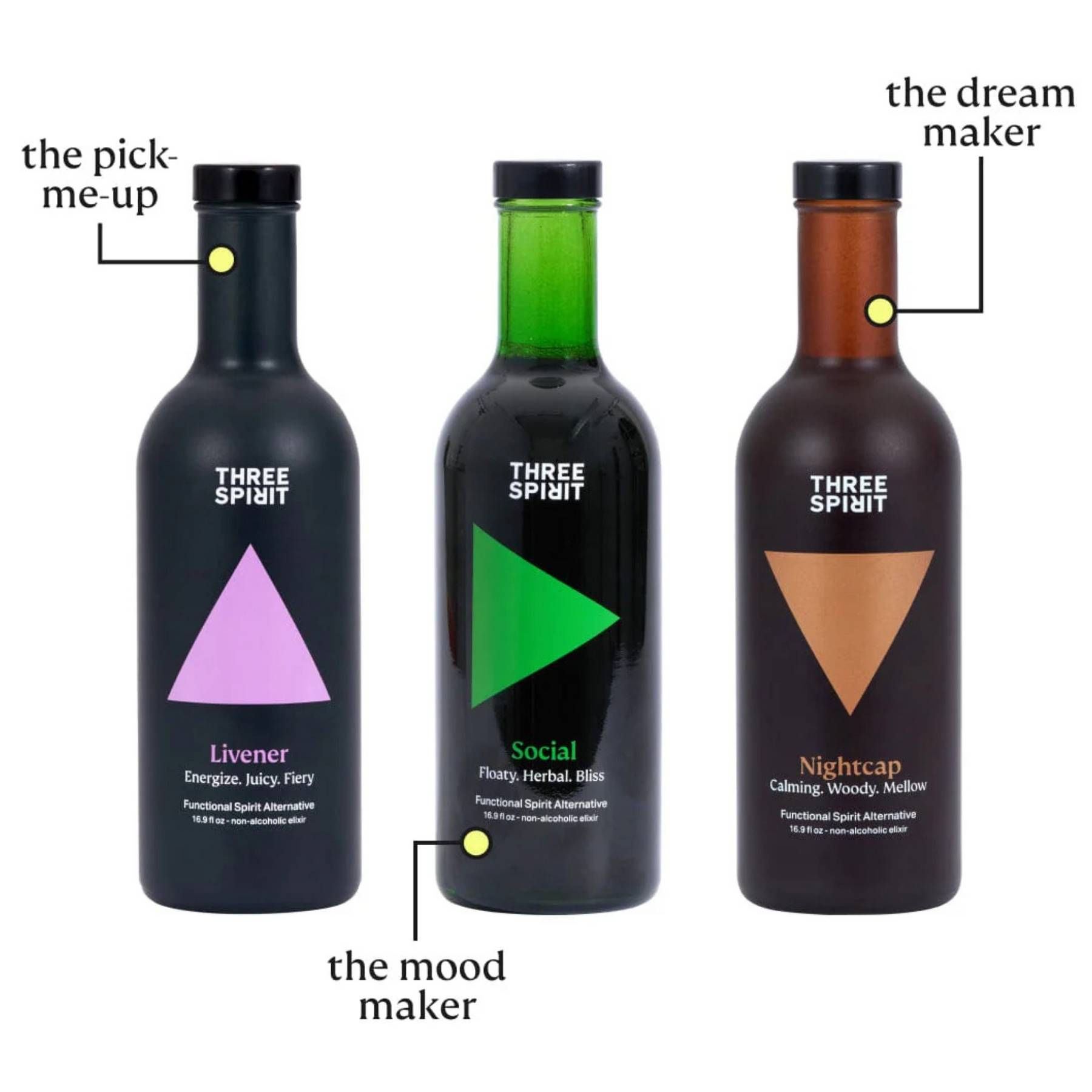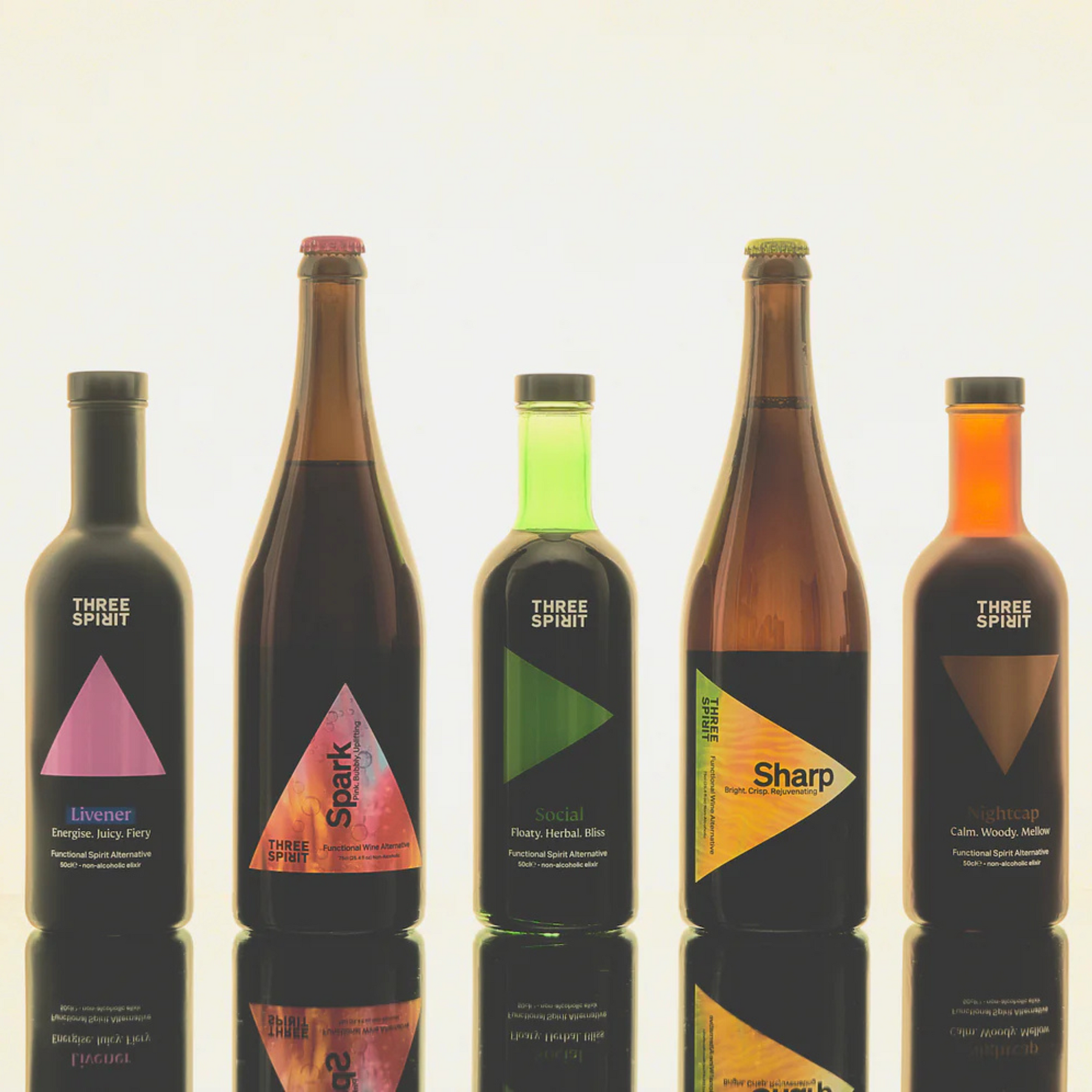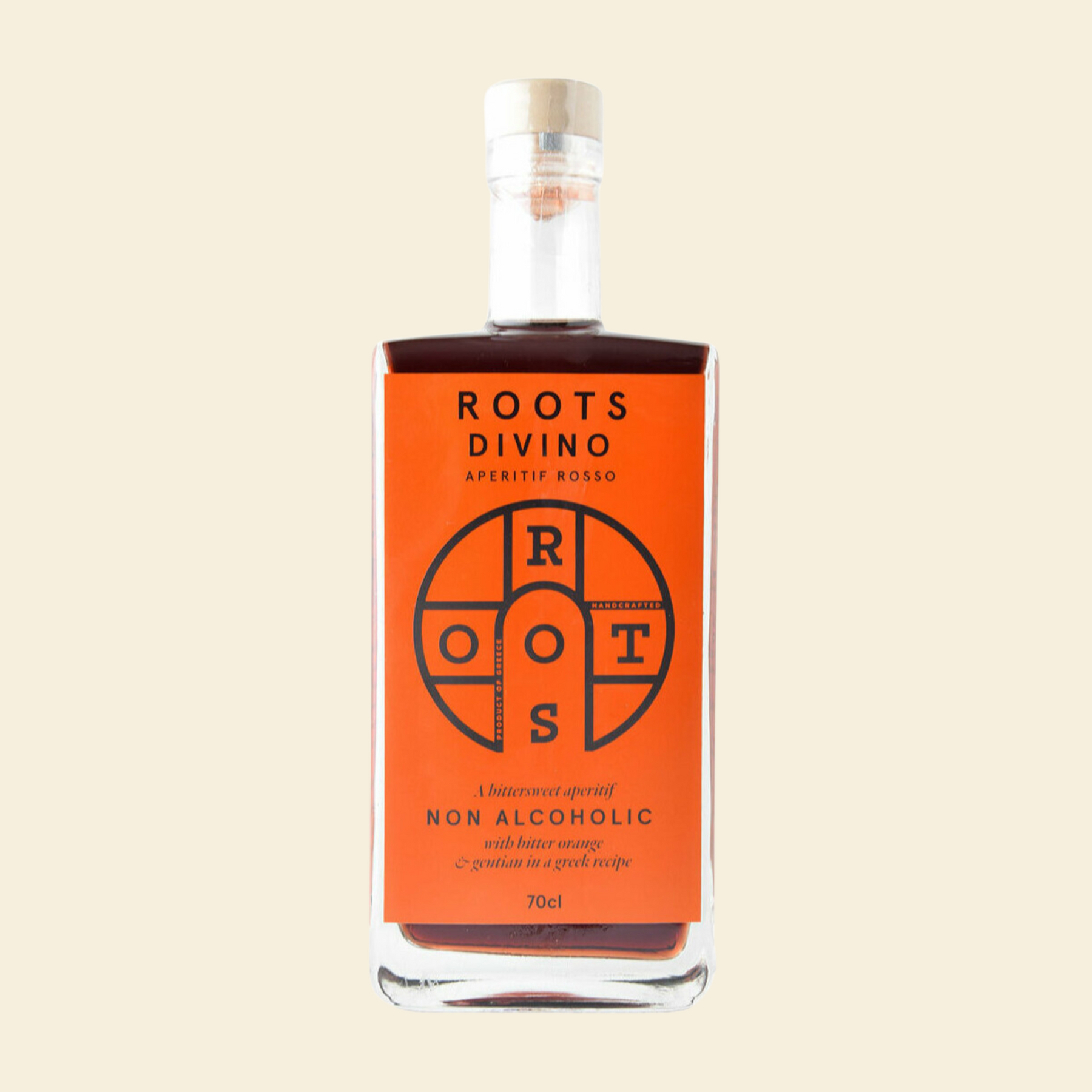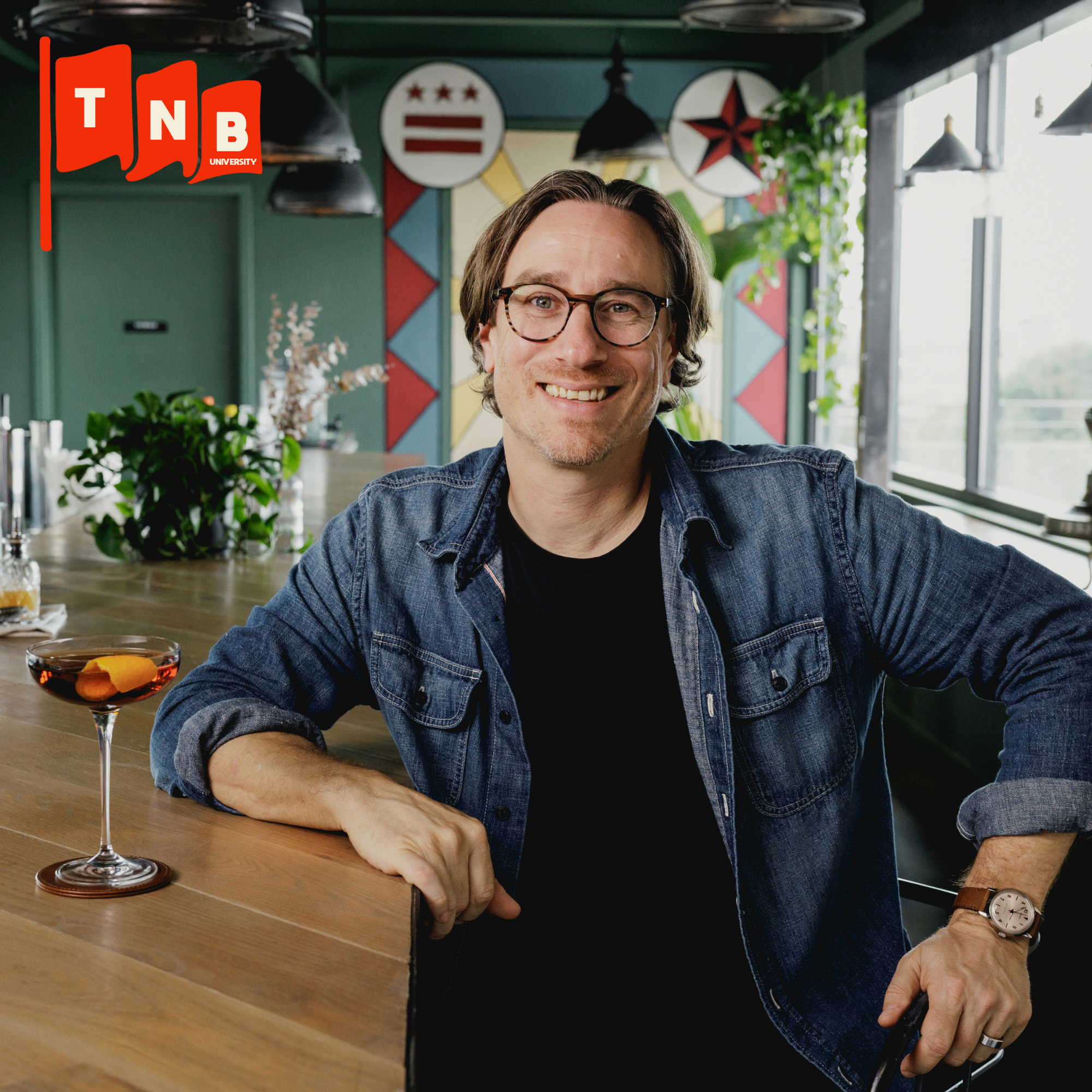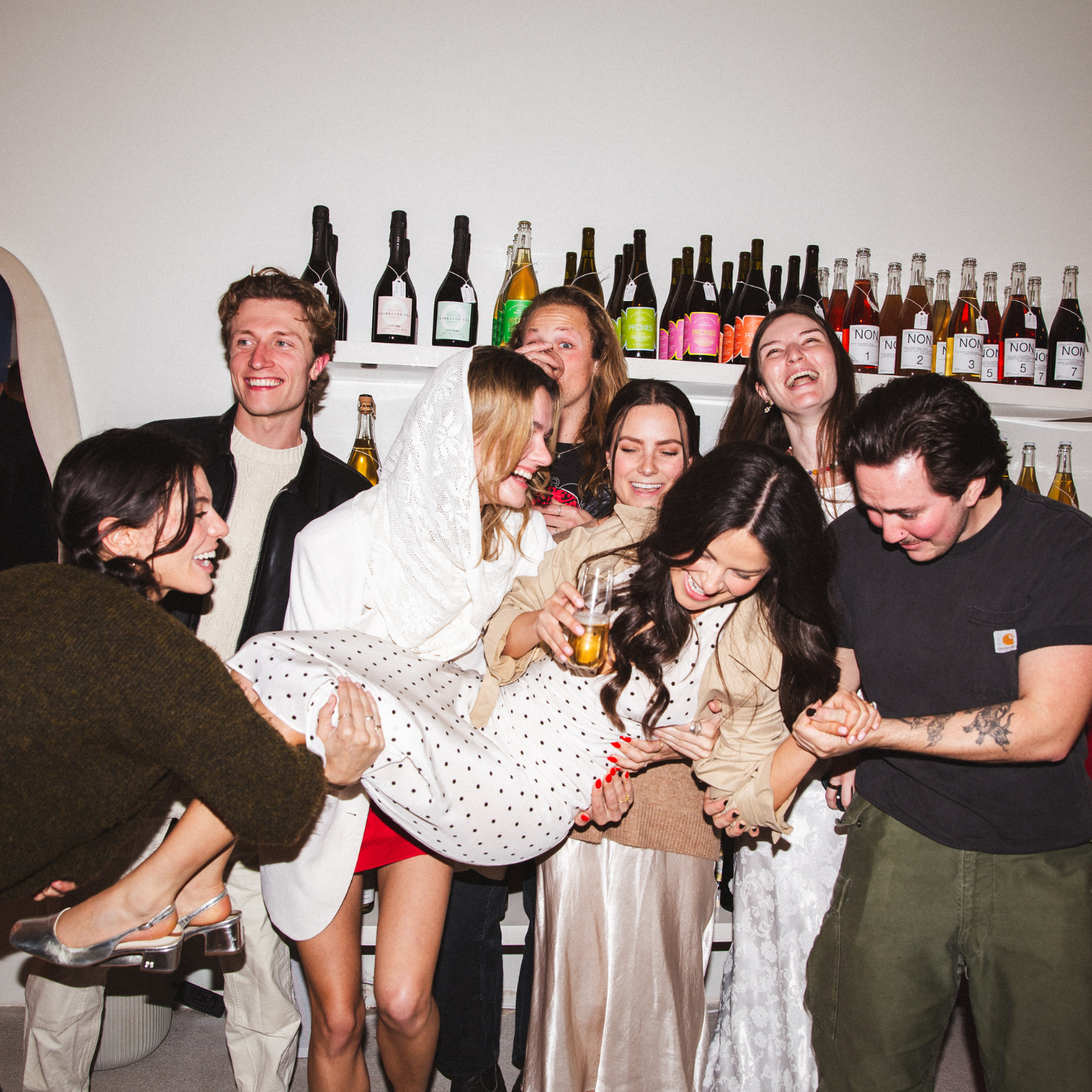Victoria, thank you so much for the time today. I'm really excited for this conversation. To get started, tell me a little bit about yourself and the incredible year of travel you’ve just had. What was the inspiration for that, and what were you hoping to learn?
Yeah, so well Brianda, as you know, my husband, Douglas and I have been in the nonalc space for a number of years now. In 2020, we opened Spirited Away, which is America's first nonalcoholic bottle shop. We still own and operate that store today, but as we got deeper into the nonalc space, we realized that a ton of innovation was happening outside of the United States. The movement was much bigger than New York, or LA, or San Francisco, these areas that people typically associated with low and no-alc. So we started to think about how we could explore the world of alcohol alternatives beyond what we were seeing day to day in our retail store. And we started thinking about Dry Atlas, which is our second business. It's a media company focused on non-alcoholic spirits, wines, and beers that really reaches drinkers all over the world and talks about products that are available all over the world.
So as we planned to kick off Dry Atlas as a second business within nonalc, we decided to embark on this year long trip, which was really an excuse to travel while we saw and discovered the best in booze free around the world. We went to 13 countries across Europe and Asia and Central America. I have to admit, Central America was more for vacation and surfing than it was for nonalc exploration. But in Europe and Asia in particular, we just met with so many amazing producers, got tours of their factories, heard about their plans for expansion worldwide. Got to try things that aren't available in the US yet. So it was an amazing year that really deepened our interest in the alcohol alternative space even more than we had built up over the four years so far of running Spirited Away.
What were the biggest differences that you observed in terms of drinking culture in the places that you visited?
I think what it really showed is that I feel like the US is very unique in its drinking culture. I feel like it's much more of an “all or nothing” approach to alcohol in the US, at least leading up to the moderation movement that we see today. I was really struck in particular in Europe by how seamlessly integrated non-alcoholic options were onto the menus. Increasingly in the US you'll have options, but they might be sequestered to an alcohol-free section. If you're at a cafe in Portugal, you'll see all the beers, for example, listed by ABV, and you'll see a couple of options that are under 0.5 just there with the rest of the menu. So it seemed more natural to kind of flow in between alcoholic and nonalcoholic options. This probably isn't a surprise for anyone who's been following on the low alc side, spritz culture and lower ABV options becoming more interesting. I really love to see just how natural it seems to order a non-alcoholic beer in Europe versus in America a little bit more, I think relegated to its own part of the menu.
In Asia, one thing I really appreciated was their commitment to more of the artisanal side of the beverages. A lot of the discourse in American drinking culture is mocktails as maybe “less than” for an option, or the conversation is more about “what's a good substitute for the real deal.” Whereas in Asia with a lot of the premium sparkling tea producers, there was really an appreciation for the art of the drink itself, which just incidentally didn't include alcohol.
And in Central America, not much in the way of non-alcoholic beverages, but since we were touring surf towns, it was interesting to see that surf culture, pura vida in Costa Rica really builds this natural aversion to alcohol. It's more, “let's have a kombucha after we surf and kind of call that a night.” So not so much on the alcohol alternative side in terms of spirits and things you might find at The New Bar, but it was great to see this embrace of different options that really help you live the healthy life that you're looking to live if you're out surfing every day.
It's interesting because you do start to see things more seamlessly integrated into menus in Europe now. It's still a bit surprising because there's such a notion that the French, for example, love their alcoholic wine. The Italians maybe wouldn't dream of changing this “perfect substance” in their minds, but more and more often I see photos from friends as they travel and they're like, “this is just not even a thing.” You don't have to say, "Do you have a non-alcoholic version of something" because it's already included within the options that you're seeing. It's considered wine or beer just as the others, but at a lower ABV, which I think is super, super fascinating.
Exactly. It's almost like the category doesn't have to explain itself or fight for itself there. It's almost less of a distinct category, which I think has pros and cons. One thing I like about the US market is that it is very much a community of nonalc producers and nonalc related businesses that are really working together as a movement to normalize this more stateside, which I think will probably change the face of what social drinking looks like much more quickly than what's happened in Europe where it's been, I think, a much longer timeline.
That makes sense. So I know you spoke with a lot of producers abroad. Did you have a chance to speak to many consumers abroad and hear how they think and talk about nonalc in different cultures?
Yeah, it's really interesting. I feel like there is less of this defined nonalc consumer abroad. I think there's more so people who are open-minded to trying different things, particularly in Denmark. And that's where both from a consumer and producer side, it really left an impression on me. Denmark has so much food and beverage innovation. I think most people are familiar with the New Nordic Cuisine movement and the fact that some of the best restaurants in the world come from tiny Denmark with a population of 5 million, I think. And there's just so much innovation happening there, and I think so much open-mindedness to what food and beverage can look like.And to your point about France and Italy with these long heritages of food and beverage, Denmark really lacks that, which creates this blank slate for innovation. On the beverage side there, there's a more integration of what we would call nonalc options within the gastronomic scene. So I think consumers are more looking for interesting nonalcoholic options as a pairing to a menu and as part of a food experience, less as something that you might be having by itself at the bar. So that was interesting to see in terms of consumers. And then also one of the most interesting teams I met was in Denmark throughout our tours of factories and meeting with producers. And I just loved learning more about all of the innovation happening in Copenhagen in particular.
That's amazing. Were there any other countries that really stood out to you for their innovation within the category?
I would say Denmark probably has it hands down, but I will give a shout-out to one particular producer in Vienna, Zeronimo, which is a non-alcoholic red that, if you haven't tried it yet, you might think nonalc reds, I haven't found anything I really love. This just blew my socks off. We actually helped bring them to the US via Spirited Away, and the reception here has just been so amazing. Just blowing away your expectation for what a nonalc red wine can be. So I would say for nonalc red wines, specifically, I don't know if it's Vienna as a whole or just the fact that Zeronimo happens to be headquartered there. That is a brand that I can't stop thinking about. But Denmark has to top the list in terms of novel beverages and innovation. And then things we were seeing in Asia more from an artisanal hospitality-oriented, elevated type experience, I would say that's what left a mark with me.What are some of your favorite non-alcoholic products from around the world?
So, I'm half British, I'll have to start with the UK. First of all, a shout-out to the UK, I'm talking a lot about Denmark and far-flung countries in Asia. I think obviously as anyone in this category knows, a lot has come out of the UK in terms of the mindful drinking movement and nonalc options. So I have to say, since we opened Spirited Away four years ago, Three Spirit has been one of my all time favorites, in particular, their Social Elixir. To me, it's just such a unique, difficult to describe flavor that scratches this particular itch that I can't really get with any other product. And the team is amazing, they put so much thought into their formulation. So I have to say that's a gem out of the UK.
Muri, I alluded to when I spoke about Denmark, meeting with producers that I just was amazed with, and that would be Muri, which is a gastronomic beverage brand that's known for their fermentation methods, which is a distinctly Nordic thing to focus on. And I love anything fermented, I feel like that really helps to elevate these novel beverages.
From Greece, I love Roots Divino, and I see that pop up sometimes from you all, so I'm sure that's a crowd favorite in California as well. I'm speaking to you currently in Greece with some Roots Divino in my fridge. Douglas drove two hours across this island to pick it up from the one grocery store that is big enough to carry it. But whether you're in Greece or not, I feel like a Roots Divino really transports you to that Greek island feeling.
And then finally, from Hong Kong, I love a premium sparkling tea. I think there are a lot of producers that do it well, but this one brand, Mindful Sparks, it's not yet in the US, but I tried some sparkling teas from them that were just so, almost mind-boggling. I didn't really understand how they took something that looked so simple and it tasted so complex and amazing. So, I'm begging the Mindful Sparks team to figure out how to get to America. But if you're ever in Hong Kong, it's definitely something to seek out.

